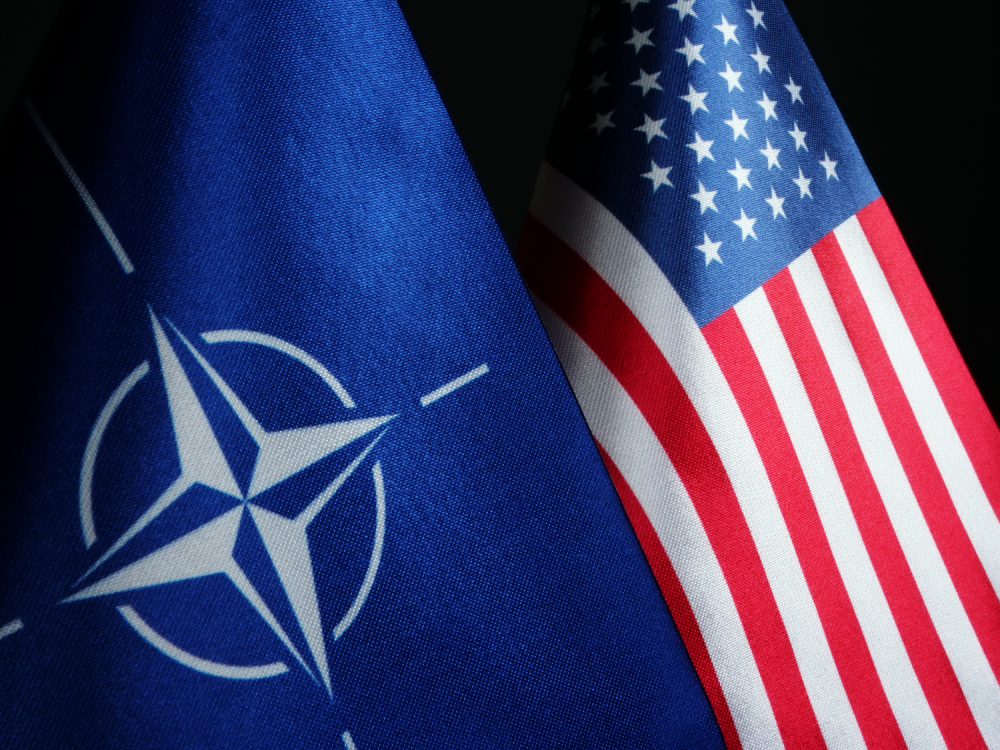
Source Responsible Statecraft
WASHINGTON, U.S.--Amid the escalating conflict and evolving humanitarian crisis in the war between Russia and Ukraine, a growing chorus of voices in Washington are urging the Biden administration to become more deeply involved, forcing the White House to thread a dangerous needle.
Many in the Washington foreign policy establishment, including members of Congress have called on the White House to impose a no-fly zone over Ukraine and accept a Polish offer for the United States and NATO to transfer Polish Mi-29s fighter jets to Ukraine. Other proposals include sending U.S.AF A-10 Warthog attack aircraft or advanced Patriot air-defense systems to Ukraine.
The United States and NATO allies need to weigh these various proposals carefully. On the one hand, they will want to provide enough military equipment and other aid so Ukraine can hold out long enough for both sides to agree that a negotiated settlement is in their best interests. On the other hand, outside parties must be acutely aware of how these actions will be interpreted by Moscow and Kyiv.
The Biden administration’s top priority should be pursuing a negotiated settlement acceptable to both sides. The longer the war lasts, the more the Ukrainians people will suffer and the greater the death and destruction.
Wars occur when nations cannot agree on their relative military capabilities and willingness to fight; they end when nations can agree on who is likely to prevail as a result of events on the battlefield. War is a form of bargaining.
At the outbreak of the war, Russia not only overestimated its own military strength but it also miscalculated the willingness of the Ukrainian people to fight for their country.
Russian President Vladimir Putin must now realize that Russia will pay a “high price” for its invasion of Ukraine and, facing the prospect of a long and bloody conflict, he might be looking for a negotiated end.
But in recent days, the gulf between negotiating positions has begun to close ever so slightly, with the Kremlin signaling it is no longer bent on regime change in Kyiv, and the Ukrainian government opening the door on formal neutrality and recognizing the status of Russian-controlled territory. Russian and Ukrainian positions have become more realistic, even if they remain far apart.
Rather than facilitate a diplomatic breakthrough, an expanded U.S. and NATO military response would narrow the window on a negotiated settlement. If implemented, these proposals would worsen the fog of war, further obscuring the balance of power between Russia and Ukraine.
Paradoxically, actions meant to address the humanitarian crisis and save Ukraine from Russia’s brutal and criminal invasion would doubtless cause more death and destruction without changing the ultimate outcome. And as many others have argued, these proposals pose dangerous risks of escalation — even nuclear war.
These proposed U.S.-NATO interventions could also backfire at a time when the Russian military has failed to win quickly and popular support for the war back home is relatively modest; more than 13,000 Russians were arrested for anti-war protests.
After two weeks of war, Russia finds itself in a war that will be both long and costly. Its planned blitzkrieg has failed: the Russian army has suffered as many as 4,000 fatalities, according to the Pentagon, and struggles with logistical problems, poor tactical coordination, and low troop morale in the face of unexpectedly strong Ukrainian resistance.
Evidence is also mounting that Russia may not be able to sustain a long war effort. Putin’s invasion of Ukraine has not caused the same rally-around-the flag effect, as was the case after he annexed Crimea in 2014.
But more overt U.S. or NATO interference could be an inadvertent gift to Putin’s war effort. For years, the Kremlin has fed the Russian public a steady diet of Russian propaganda, which depicts the country as a “besieged fortress,” under constant Western attack.
The pressure to act in the coming days will be enormous. Harrowing images of Ukrainian suffering will stir public conscience, and the calls for Washington act will understandably grow louder.








0 Comments
LEAVE A REPLY
Your email address will not be published